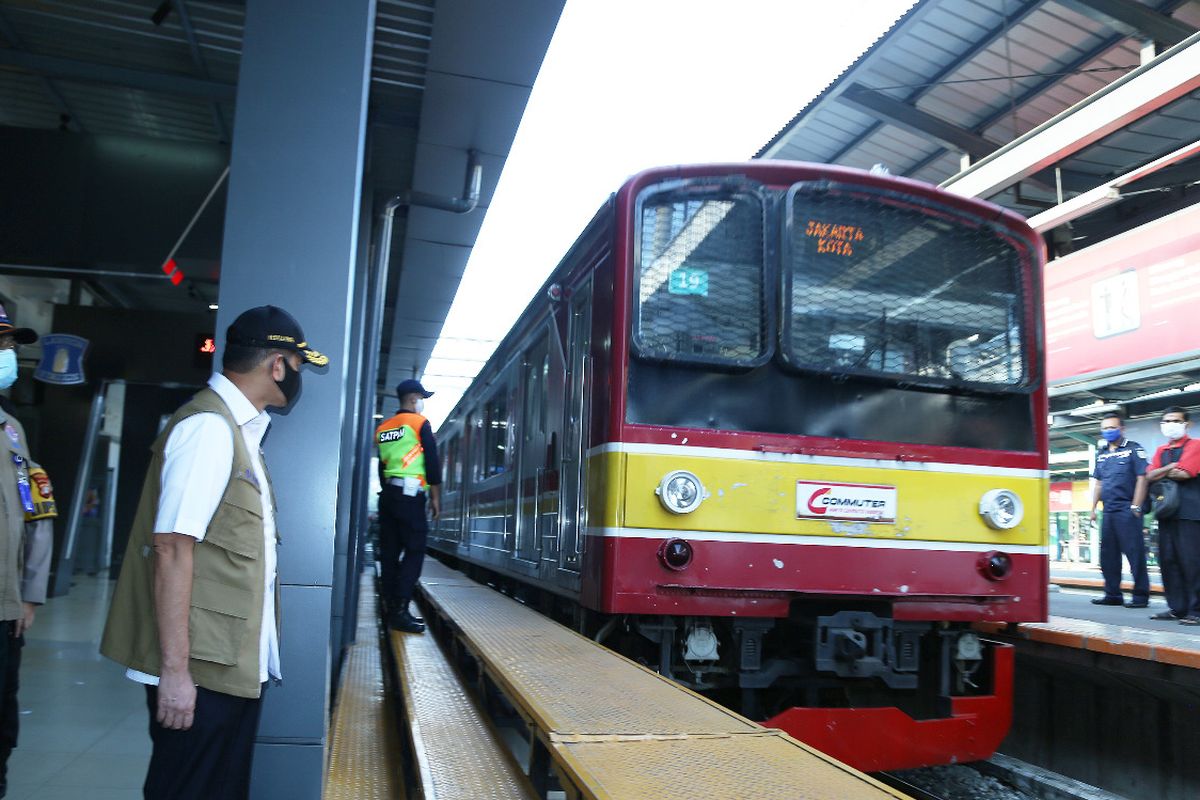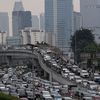Jakarta Prepares to Step into the ‘New Normal’

JAKARTA, KOMPAS.com - All eyes are on Indonesia as the heartbeat of the country, Jakarta, gears up to enter a ‘new normal’ despite various public criticisms and reports of the capital city’s plans.
Jakarta Governor, Anies Baswedan, recently announced an extension of the lockdown until the end of June which will see the city gradually reopen for business.
As of 5 June, the country has reported 29,521 COVID-19 total cases including 7,684 confirmed cases in Jakarta.
Also Read: Ketika Masih Ada Zona Merah pada Masa PSBB Transisi, 66 RW di Jakarta Jadi Perhatian Khusus...
Despite nationwide infection rates remaining high and Jakarta as the national epicenter of the COVID-19 pandemic, the Jakarta provincial government has allowed 11 business sectors to reopen.
These sectors include Healthcare, Energy, ICT, Finance and Banking, Logistics, Hospitality, Construction, Food & Beverages, and those in the strategic industry and essential businesses.
Jakarta has also decided to allow 19 socio-economic sectors to start operations this month including offices, factories, malls, beaches, and online transportation service providers.
Businesses are required to operate at 50% capacity while enforcing the use of masks and physical distancing measures.
The protocols are in line with those applied by reopened economies in East Asia and Europe, but the risk of incompliance appears greater in Jakarta.
Residents of the capital struggled to abide by physical distancing rules during the third phase of lockdown which coincided with Indonesia’s largest holiday, Eid al-Fitr.
Reports of crowded scenes in markets, shopping centers, and Soekarno-Hatta International Airport leading up to Eid al-Fitr has only exacerbated concerns over whether reopening the economy is feasible or even sensible for Jakarta.
The national testing rate stood at 0.85 tests per 1,000 people which is far below neighboring ASEAN countries raising additional fears the transitional phase carries the potential of sharply increasing the number of detected and undetected COVID-19 cases.
The transitional phase comes at a crucial time when Indonesia is struggling to counter the economic and financial repercussions of the pandemic.
The central government introduced social benefit programs encompassing financial assistance and basic goods distribution (sembako) as well as a pre-employment card to counter the heavy impact of the lockdown.
However, these social safety nets have been insufficient in meeting the needs of its society, especially vulnerable groups.
































